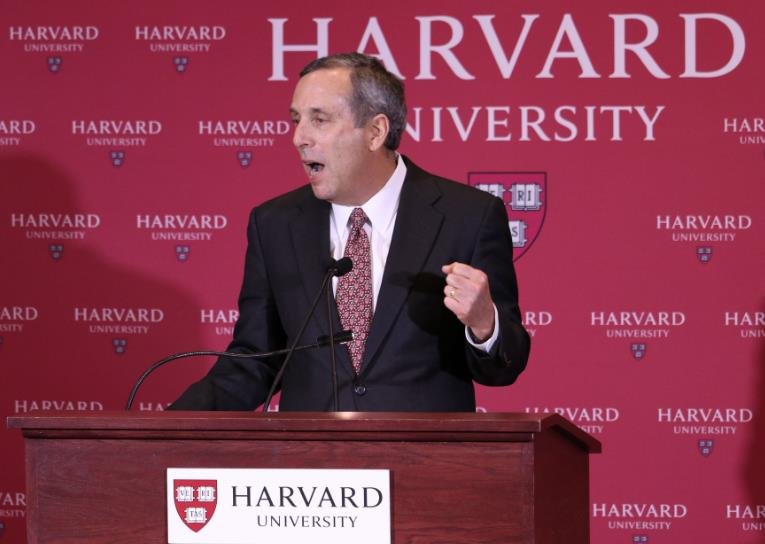Harvard University president Claudine Gay is under fire for allegedly plagiarizing parts of her doctoral dissertation and other academic papers. Critics say that Harvard has not taken the accusations seriously and has shown a double standard in its handling of plagiarism cases.
The plagiarism allegations against Gay were first reported by the Chronicle of Higher Education in October 2023. The Chronicle found that Gay had copied or paraphrased without proper citation several passages from other sources in her 1998 dissertation on race and voting behavior, as well as in two journal articles based on her dissertation.
The Chronicle also found that Gay had failed to disclose that she had received financial support from the National Science Foundation for her dissertation research, which is a requirement for NSF-funded projects.

Gay, who became Harvard’s president in July 2023, has denied any intentional wrongdoing and has said that she followed the citation standards of her discipline at the time. She has also said that she has corrected the errors in her dissertation and articles and has notified the relevant publishers.
The response from Harvard and the academic community
Harvard has defended Gay and has said that it has conducted a thorough review of the plagiarism allegations and has found no evidence of academic misconduct. Harvard has also said that it has full confidence in Gay’s leadership and integrity.
However, some critics have questioned Harvard’s review process and have accused the university of covering up for Gay. They have pointed out that Harvard has not made public the details of its review, such as who conducted it, what evidence was examined, and what criteria were used to determine plagiarism.
They have also compared Gay’s case to other plagiarism cases at Harvard, where the university has taken harsher actions against students and faculty members who were found guilty of plagiarism. For example, in 2023, Harvard revoked the degree of a former student who had plagiarized parts of his dissertation, and in 2022, Harvard suspended a professor who had plagiarized parts of his book.
Some critics have also suggested that Harvard has shown a bias in favor of Gay because of her status as the first woman and the first person of color to lead the university. They have argued that Harvard has lowered its standards for academic integrity and has damaged its reputation by protecting Gay.
The implications for Harvard and higher education
The plagiarism allegations against Gay have raised broader questions about the prevalence and prevention of plagiarism in higher education, especially in the social sciences. Some experts have said that plagiarism is a serious problem that undermines the credibility and quality of academic research and that universities need to do more to educate and enforce ethical standards among scholars.
They have also said that plagiarism detection tools, such as Turnitin and iThenticate, are not enough to catch all cases of plagiarism and that human judgment and peer review are still essential to ensure academic honesty.
Other experts have said that plagiarism is not a black-and-white issue and that there are different types and degrees of plagiarism that require different responses. They have also said that citation practices vary across disciplines and time periods and that scholars need to be aware of the changing norms and expectations of their fields.
They have also said that plagiarism accusations should be handled with care and due process and that scholars should be given the opportunity to correct their mistakes and learn from them.
